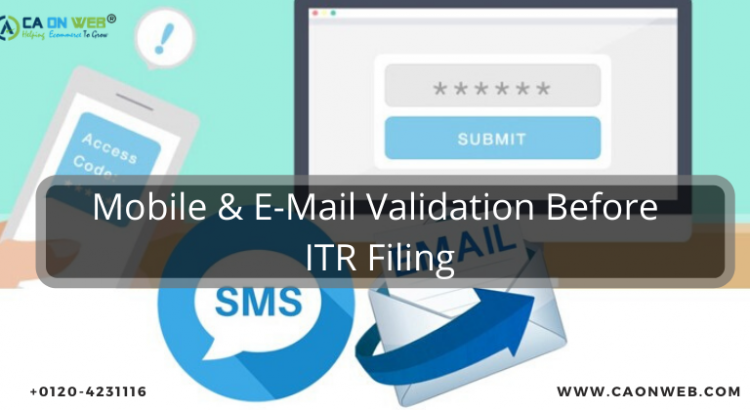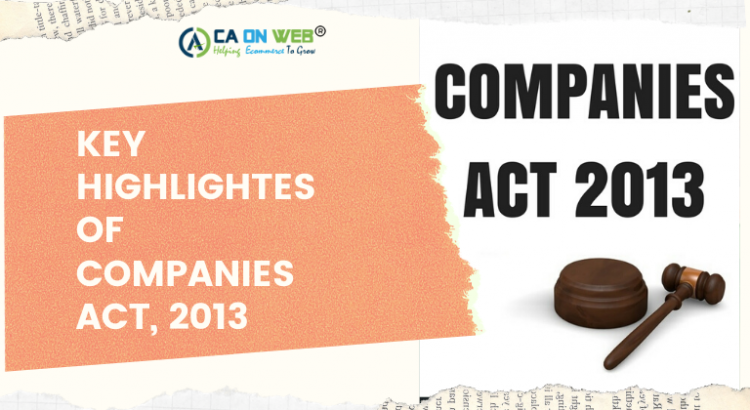Micro, small & medium enterprises (MSME) is expected to be the lead contributor in the Indian economic growth and taking it to $5 trillion dollar mark. MSME is one of the fastest-growing sectors not only in India but across the globe. Most of the developed economies such as UK, Germany or USA were having one thing in common that they focused on their MSME Sector and the ways to bring it in the mainstream economy.
There are many functions which are beneficial for an MSME they are outsourced. One of the business management functions which most of the MSME’s outsource is the online bookkeeping services, online accounting services. Online bookkeeping services & accounting services which demands utmost specialization which certain MSME’s lack and this develops the dire need for outsourcing bookkeeping for MSME’s.

How outsourcing bookkeeping services for MSME’s will help?
1. Resource planning: Resource is the baseline where every business operates. So proper resource planning should be done with minimal wastage and increase the efficiency of the enterprise because it will make it easy for you to bring economies of scale for your business.
2. Capital adequacy measurement: Not just MSME registration, a business how big or small requires some sort of capital influx. Arranging capital is the most difficult phase and many dream of an MSME registration ends here. But now the environment has changed and even the government is planning to make MSME the phase of Indian economy.
3. Managing accounts books: Online bookkeeping services will make it easy to maintain and manage your company’s books of accounts. Since the bookkeeping is the mandatory requirement under different statutory laws which need to be fulfilled such as:
I. Companies act, 2013
- Section 128 of the companies act, 2013 specifically mentions the books of accounts for a period of 8 years immediately preceding the current year.
- Section 25 companies that are solely formed as “Non-profit companies” are required to keep books of accounts for a period of not less than 4 years.
II. Income tax act, 1961
- If the turnover from business/profession is more than INR 25, 00,000 or the income from business/profession exceeds INR 2, 50,000 in any of the 3 preceding financial years, then it is mandatory on the part of the assessee to maintain the records.
- Section 6F specifies the list of various books that need to be maintained as per the Income tax act, 1961 viz. Cashbook, general ledger, copy of bills & receipts.
The books should be maintained for a period of 6 years from the relevant preceding year.
4. Improves decision making: With proper analysis of the accounts comes better decision making power. If you does not possess the books of account of your business then it might hamper your decision making power which will you and your business to grow. Hence your decision making also depends on the bookkeeping. Professional bookkeeping service will help improve the quality of accounts you maintain and makes the analysis easy.
5. Ease in reporting: Investors want to know the company’s financial results to be able to measure its investment value. Exactly this is what financial statements do. The balance sheet, statement of sales, and statement of cash flow all display the importance of your company.
Financial statements are the result of bookkeeping. Bookkeeping helps investors to keep the details up-to-date and available. Investors should be able to make smarter, well-educated choices that are essentially for bookkeeping purposes. Bookkeeping is not only about existing investors but also about potential investors.
Online bookkeeping & accounting services are the need of the hour not just for MSME but it is an essential service for every company which needs to comply with different statutory laws in India.
How CAonWEB can help you in online bookkeeping & accounting services
- Outsourcing bookkeeping & accounting services with CAonWEB will include different packages according to your business needs and your accounts will be reviewed by bookkeeping & accounting experts.
- Outsourcing bookkeeping & accounting services cut your capital expense as you no longer need to bear the overhead cost which is associated with in-house bookkeeping & accounting services.
- Outsourcing bookkeeping & accounting services will increase your time management efficiency as you no longer have to maintain full-time staff for the same.
- Outsourcing bookkeeping & accounting services deliver real-time accounting which is much more accurate.
Constraints in outsourcing bookkeeping & accounting services-
- Reliability and trust
- Third-party cost
- Accessibility
CAonWEB makes all these constraints our strength; we have happy & satisfied clientele which is associated with us since 2012 and increasing day by day; our costing for bookkeeping & accounting services is much less than having an in-house bookkeeping & accounting department since we offer different types of packages which will suit your business;












